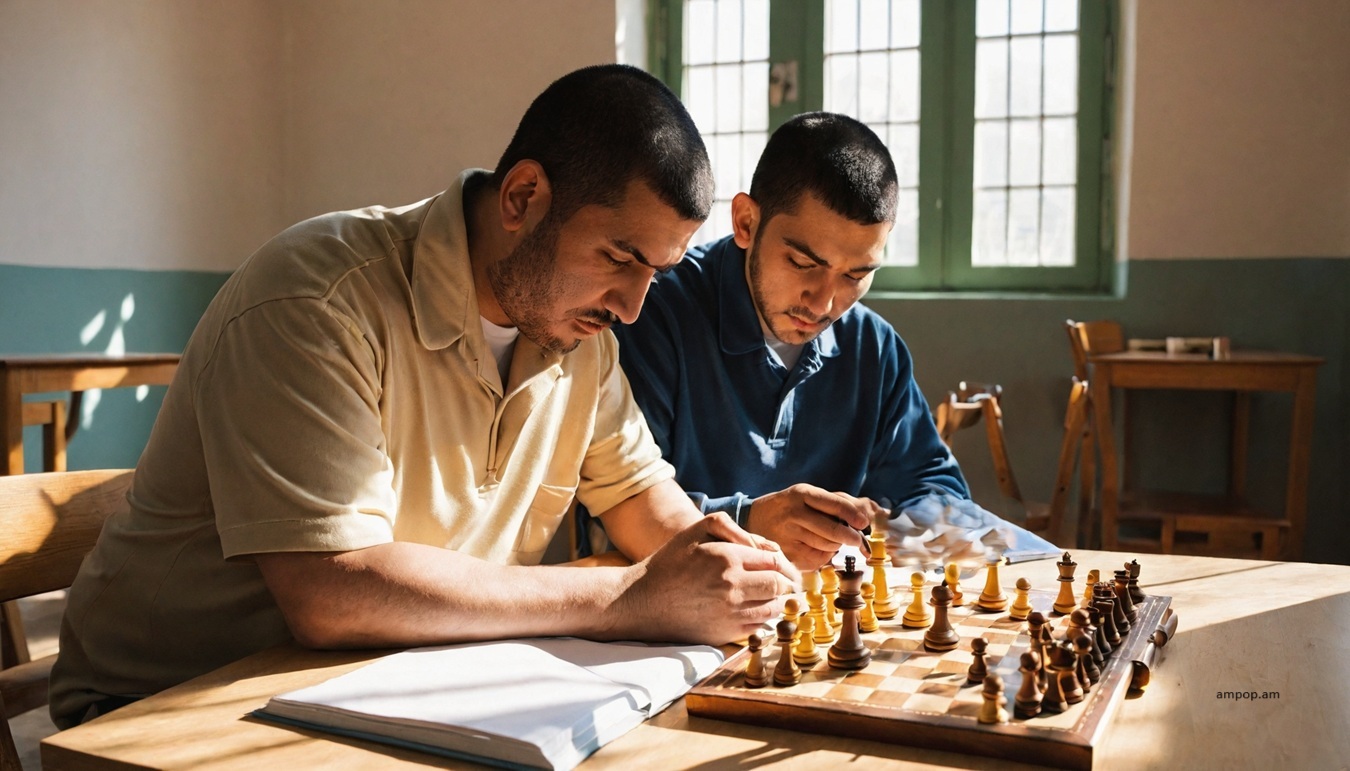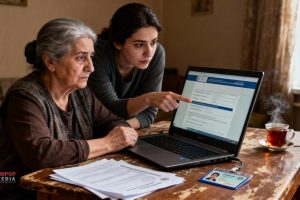In recent years, Armenia has significantly increased both the number and funding of so-called social reintegration programs within its penitentiary system. These programs, presented as progressive rehabilitation initiatives, aim to equip prisoners with the skills and mindset necessary to reintegrate into society as law-abiding citizens. Participation numbers are rising, dozens of workshops and classes are being held—from woodworking and embroidery to chess and literature—and official reports highlight thousands of engagements annually.
Yet beneath this surface of progress lie structural and conceptual gaps. Ampop Media’s investigation reveals that while programs are growing in quantity, their quality, targeting, and actual rehabilitative impact remain questionable. The system largely focuses on general, universal activities, but fails to provide individualized interventions that address prisoners’ specific behavioral risks and criminal patterns. For example, inmates with histories of violence may participate in decorative crafts, while those convicted for fraud may be offered unrelated classes, raising doubts about the system’s alignment with actual resocialization goals.
The state’s approach is further complicated by a point-based incentive system, where inmates can earn credits toward early release by participating in various activities. However, a significant number of positive assessments from prison administrations are later rejected by prosecutors or judges, revealing a deeper disconnect between participation and actual behavioral change. In 2024, only 138 inmates were granted early release out of 765 assessments—despite many meeting the required program thresholds.
Experts interviewed by Ampop point to the lack of tailored rehabilitation plans, insufficient trained staff, and weak coordination between the agencies implementing the programs and those making parole decisions. International models stress the importance of both universal and targeted interventions, yet Armenia’s system lacks this dual-track approach.
The situation is further strained by limited resources. As of 2025, only 10 full-time psychologists serve over 2,700 incarcerated individuals, and key reintegration departments remain understaffed and underfunded. Without comprehensive assessments, targeted strategies, and stronger institutional accountability, social reintegration in Armenia remains largely performative—an exercise in ticking boxes rather than transforming lives.
Ampop Media’s in-depth report sheds light on these systemic shortcomings, urging a shift from quantity to quality, from symbolic programming to evidence-based rehabilitation tailored to actual risk profiles. As the state continues to invest public funds into this sector, the ultimate question remains: are these programs genuinely preparing people for life after prison, or simply keeping them busy behind bars?
This article was originally created in Armenian by Lilit Hovhannisyan
Infographics by Karine Darbinyan
The English summary and the main image were both created using artificial intelligence tools, based on the original article written in Armenian.
Note: All materials published on Ampop.am and visuals carrying the “Ampop Media” branding may not be reproduced on other audiovisual platforms without prior agreement with Ampop Media and/or the Journalists for the Future NGO leadership.
Փորձագետի կարծիք
First Published: 17/06/2025









